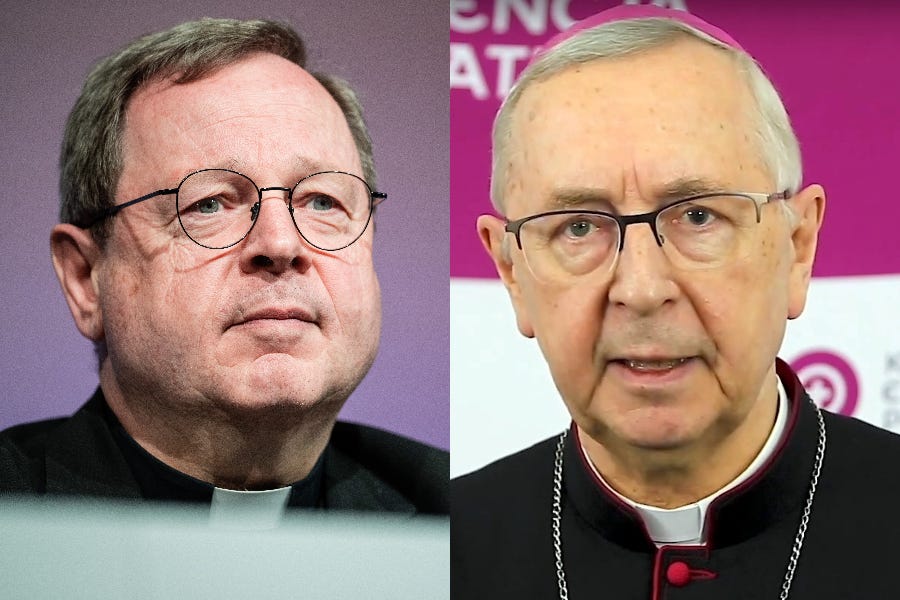Bätzing v. Gądecki: What’s behind the clash?
A simmering dispute between the chairman of the German bishops’ conference and his Polish counterpart heated up dramatically Sunday.
A simmering dispute between the chairman of the German bishops’ conference and his Polish counterpart heated up dramatically Sunday.

Poland’s Rzeczpospolita newspaper published Nov. 26 what it…
